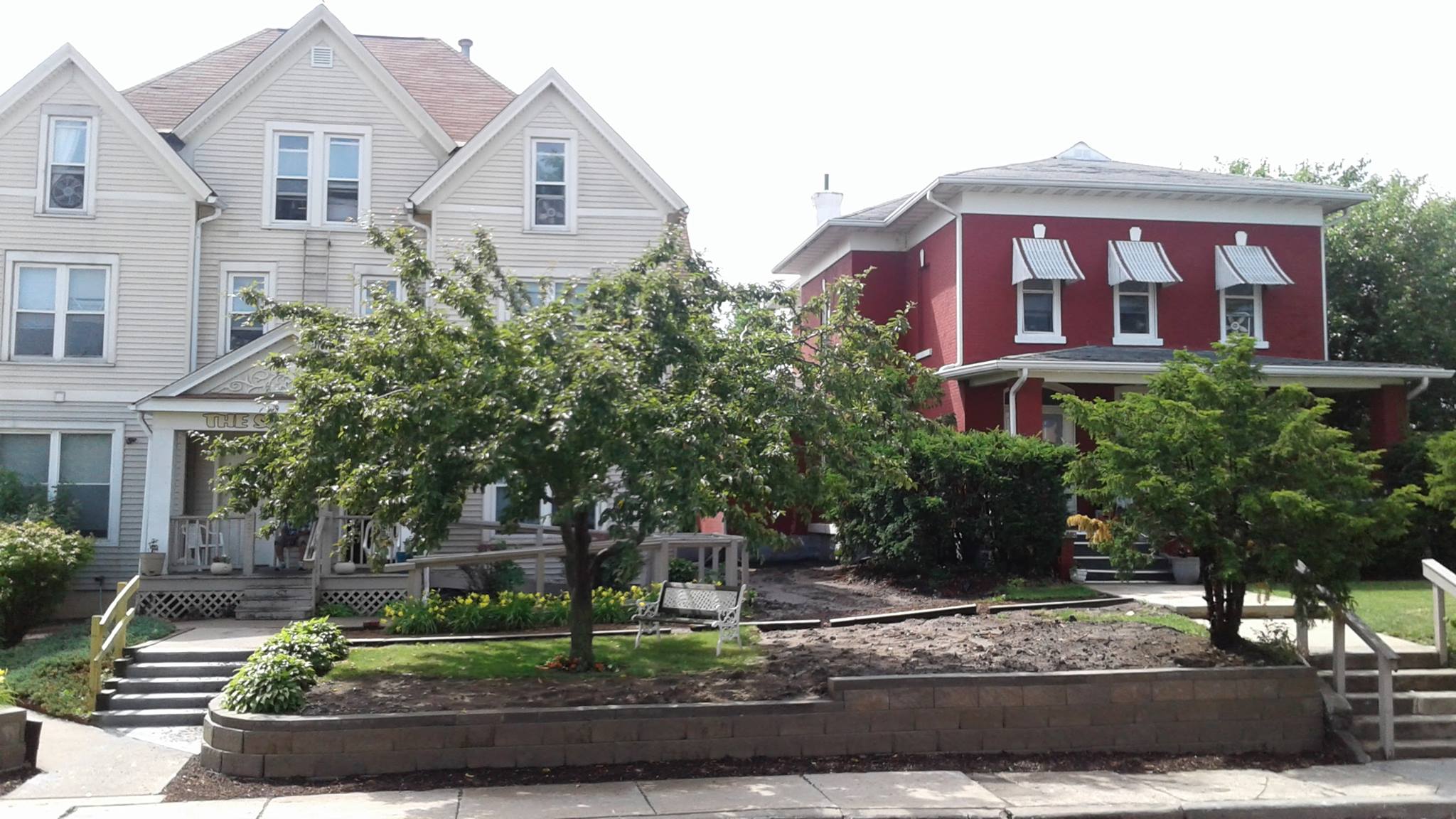The Safe Place Foundation
Call 1 844-930-5397 and speak now with an alcohol or drug abuse counselor.
Call now. This service is free of charge and there is no obligation.
They are a 40 bed program; 6 Phase One beds and 34 Phase Two beds.
They provide a drug and alcohol free living environment with ongoing staff support, community volunteer involvement and peer-to-peer mentorship.
Their mission is to return recovered men to family and community.
They specifically serve adult males who are homeless or near homeless and in the early stages of recovery from alcoholism or drug addiction.
Individuals come to The Safe Place Foundation from a variety of situations including inpatient treatment, a relapse episode, Drug Court, incarceration, or "off the street".
They believe it is critical that these men have a longer term structured and monitored sober living environment where they can build a foundation of recovery and life skills.
Phase One and Two Programs Admissions Process The Pre-Admissions process starts with a face-to-face, or phone, interview.
An initial screening will take place to gather basic information, including substance abuse and mental health history, legal history, medical history, what the individual's current situation is, and if they meet the criteria for entry into our program.
If they feel that the individual needs a higher level of care, or is not an appropriate fit for their program, they will make a recommendation for alternative services.
Admission criteria include:
Be an adult male over 18 years of age.
In early recovery from alcoholism or drug addiction.
Homeless or near homeless.
Agree to abide by the rules and expectations of The Safe Place Foundation.
Exclusionary criteria include:
Physical limitations which limit the individual from fully participating.
Severe psychiatric disorders.
Requirement to be on the sex-offender registry.
After admission into The Safe Place Foundation a series of intake paperwork will be completed, including a "Barriers to Housing Assessment" tool and a "Basic Needs Assessment" tool.
These will help staff in determining case-by-case plans for the client.
Phase One Activities The Safe Place Foundation is fully vested in the integrity of the message of recovery as outlined in the book Alcoholics Anonymous.
All of their recovery curriculum for 12 Step immersion comes from this text.
Clients start and end their day with prayer and meditation and are required to complete various assignments related to the 12 steps.
Clients in this phase are also introduced to the local recovery community through 12 Step meeting attendance and other recovery events.
They also believe in and respect the singleness of purpose of local 12 Step groups, therefore alcoholic clients will only attend A.A. meetings and drug addict clients will only attend N.A. or C.A. meetings.
This phase is also very life development driven, therefore, clients will engage in learning how to do basic household chores, grocery shop, plan and cook meals, do their own laundry, and attend classes on budgeting, health and wellness, resume writing and interview preparation.
Phase One clients will also benefit from the peer support of Phase Two clients who will be utilized to facilitate peer support meetings.
During these meetings clients will discuss issues, concerns, and solutions to daily living.
Phase Two Activities Clients may remain in Phase Two for up to six months.
During their time in this phase clients will begin job searches, gain employment, budget income, and save money for their transition into independent living.
Recovery remains a big part of Phase Two as clients are required to attend a minimum of four outside 12 Step groups per week, get a sponsor and a home group, work the steps and attend two mandatory 12 Step study classes per week that are facilitated by volunteers at The Safe Place Foundation.
Clients remain accountable by checking in regularly with staff and doing Transition Plan Reviews (TPRs).
During these TPRs, staff reviews all aspects of the client's ongoing participation in The Safe Place Foundation, including goals that were initially set by the client.
They want theirclients continually growing toward their transition back into independent living.


Comments